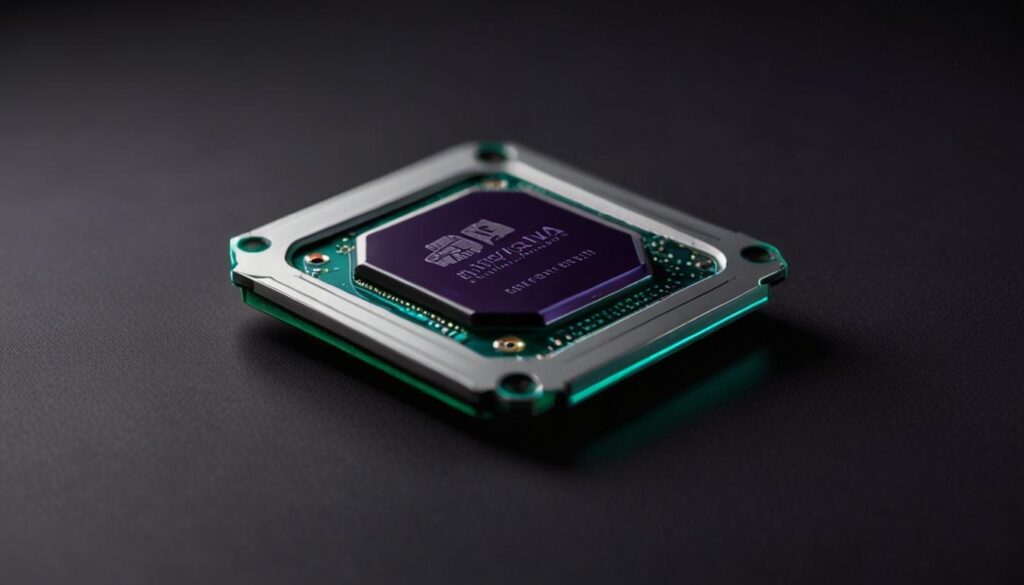The European Central Bank is expected to lower interest rates as inflation decreases after the Ukraine crisis, diverging from the U.S. Federal Reserve’s policies. President Christine Lagarde shows confidence in eurozone’s inflation control amidst the anticipated rate cut.
ECB Prepares to Cut Rates Ahead of U.S. Federal Reserve
The European Central Bank (ECB) is expected to reduce interest rates, becoming the first major Western economy to do so as inflation diminishes post the Russian invasion of Ukraine. The ECB’s Governing Council will meet to discuss a potential quarter-point cut from the current record high of 4% at its headquarters in Frankfurt, Germany. President Christine Lagarde indicated strong confidence that inflation is under control in the eurozone, which comprises 20 EU countries.
This anticipated decision would mark a shift from the initial stages of the inflation surge when the U.S. Federal Reserve led interest rate hikes, starting in March 2022. The ECB followed with rate hikes about four months later.
The eurozone’s inflation fell to 2.6% in May, down from a peak of 10.6% in October 2022. By contrast, the U.S. faces a different scenario, with the Federal Reserve dealing with a consumer price index of 3.4%. While Fed Chair Jerome Powell hinted at rate cuts this year, no changes are expected during the June 11-12 policy meeting.
Other central banks in smaller economies like Sweden, Switzerland, Hungary, and the Czech Republic have already lowered interest rates. The Bank of England will convene on June 20 to decide on their current rate of 5.25%. Meanwhile, Japan has begun increasing its rates after a prolonged period of near-zero interest rates.
U.S. Regulators Clear Path for AI Antitrust Investigations
The U.S. Department of Justice (DOJ) and the Federal Trade Commission (FTC) have reached an agreement to initiate antitrust investigations into Nvidia, Microsoft, and OpenAI. The agreement specifies that the DOJ will focus on Nvidia, the leading maker of AI chips, while the FTC will investigate the practices of Microsoft and OpenAI. The move reflects growing regulatory scrutiny over the dominance of these companies in the rapidly advancing artificial intelligence sector.
Nvidia, known for its graphics processing units crucial for AI, saw its market capitalization exceed $3 trillion, placing it above Apple. Meanwhile, Microsoft has invested $13 billion in OpenAI, integrating its technology into various products. This scrutiny follows recent FTC investigations into strategic AI partnerships and investments by major tech firms, including a broader inquiry into Microsoft’s recent $650 million licensing deal with Inflection AI.
FTC Chair Lina Khan and DOJ’s Jonathan Kanter emphasized the urgency of addressing competitive concerns in the AI industry, aiming to prevent existing tech giants from monopolizing this emerging technology.

